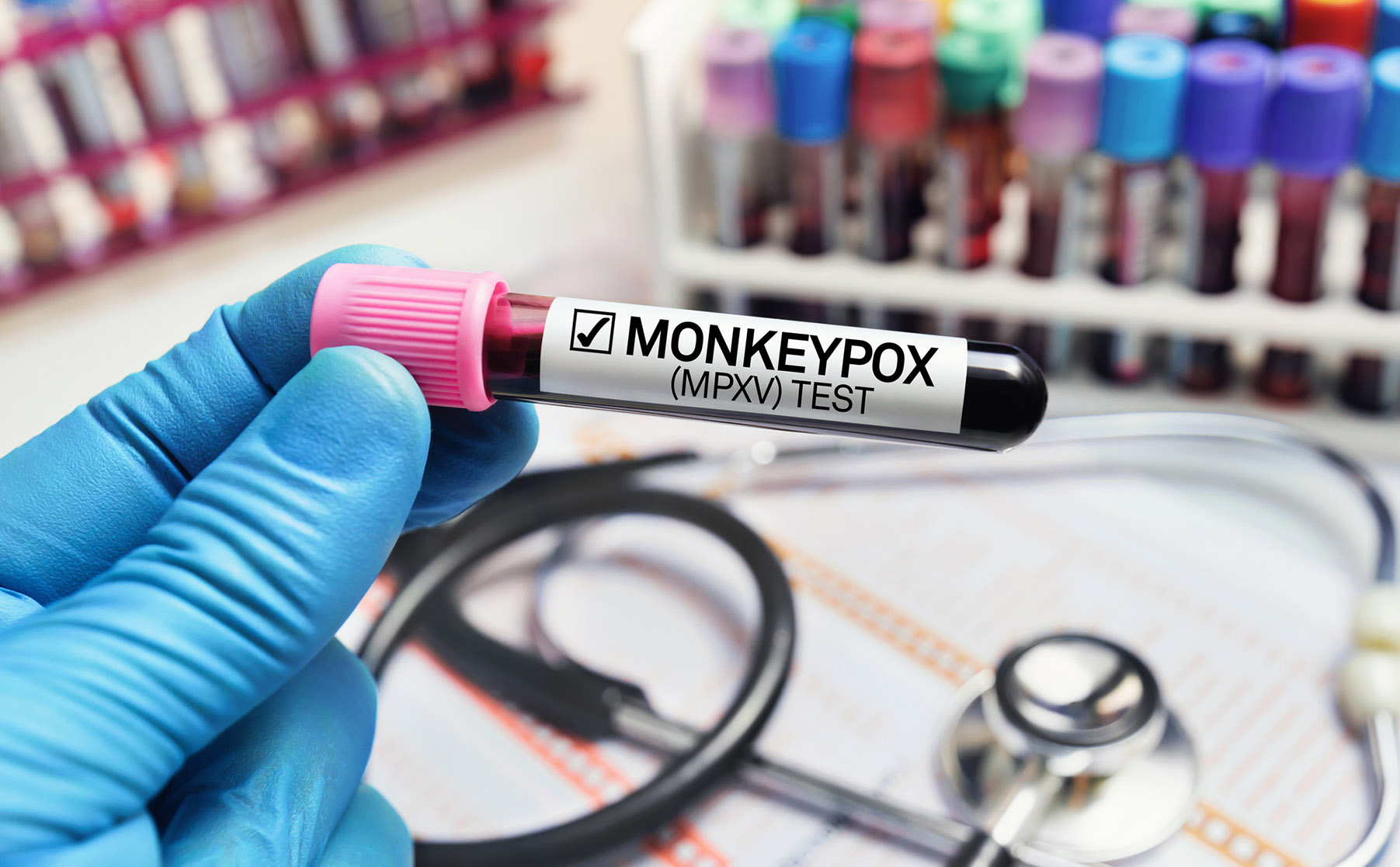The mpox outbreak that is sweeping through at least 16 countries in Africa has ignited calls for equitable access to vaccines and other medical countermeasures as soon as possible.
With 15,132 confirmed cases in countries including Burundi, Cameroon, Congo, Ghana, Liberia, Nigeria, Rwanda, the Democratic Republic of Congo (DRC), South Africa, Uganda and Kenya, the Africa Centres for Disease Control and Prevention (CDC) and the World Health Organization (WHO) declared the outbreak a public health emergency of international concern last week.
The Department of Health revealed in July that South Africa has 24 confirmed mpox cases (12 in Gauteng, 11 in KwaZulu-Natal and one in the Western Cape), with three deaths.
Read more: WHO declares mpox a global public health emergency for second time in two years
There are two main types of mpox – Clade 1 and Clade 2 – and each has its own offshoots.
The virus detected in South Africa is Clade 2b, a form transmitted from person to person through sexual and intimate contact. The most severe cases have been seen in immunocompromised people.
However, the DRC), which has been most affected by the outbreak, has experienced surges in Clade 1b, a more severe mutation of the virus that has been sweeping through the region.
WHO chief Tedros Adhanom Ghebreyesus has said the potential for further spread within Africa and beyond “is very worrying” and constitutes a public health emergency of international concern (PHEIC) under the International Health Regulations (2005) (IHR). The WHO has also released US$ 1.45 million from the WHO Contingency Fund for Emergencies and says it may need to release more in the coming days.
This is why the organisation is calling for a coordinated international response to stop the outbreak and save lives.
What is South Africa doing?
In response to the outbreak, director-general of health Sandile Buthelezi established an incident management team (IMT), co-chaired by Professor Helen Rees, the executive director at research institute Wits RHI, and Aneliswa Cele, the chief director of environmental health and port health in the department.
The IMT is an emergency committee that has more than 20 action pillars focusing on interventions including clinical, surveillance, clinical (which involves pulling in many infectious disease specialists), communication (engaging many NGOs and community activists), port health (there is considerable movement between South Africa and the DRC, such as through mining), and representation from all provinces
Rees said plans are being developed at national and provincial level and budgets are being created to coordinate the response.
According to the WHO, an effective disease surveillance system is essential to detect outbreaks quickly before they spread, cost lives and become difficult to control.
Rees told Daily Maverick in a previous interview that on the surveillance side, the National Institute for Communicable Diseases and public and private labs have been testing samples.
Read more: Access to equitable medical countermeasures ‘imperative to curbing Mpox virus sweeping through Africa’
The Health Department has also secured an antiviral drug, tecovirimat, which is being used to treat the confirmed cases, while it is trying to negotiate with WHO member states that have stockpiles of the vaccine. However, Rees said the negotiation could take weeks.
During the Africa CDC media briefing director-general Jean Kaseya said the continent needed more than 10 million doses of the vaccine, but only about 200,000 were available.
Read more: Mpox in Africa prompts $500m funding from Gavi for vaccines
Read more: Mpox outbreak in Africa was neglected, and could now turn into the next global pandemic
Speaking at the 44th annual SADC Summit president Cyril Ramaphosa said “I urge the AU policy organs to expedite the finalisation of the framework for operationalising the African Epidemic Fund, as approved by the Heads of State during the 2023 AU Assembly, by the end of August 2024.”. He also welcomed the WHO declaring the outbreak a Public Health Emergency of International Concern.
“By fostering global partnerships, we can accelerate Africa’s response and ensure that all nations, regardless of economic status, have fair access to the resources needed to protect their populations.” Ramaphosa said.
According to Rees, South Africa needs 40,ooo doses to tackle the outbreak.
Rees hopes the WHO and Africa CDC’s declarations might increase regional leverage for vaccine access and draw attention to the challenges of access to countermeasures in Africa.
“Once you have these public health emergencies, both regionally and globally, you are able to make recommendations globally through WHO. You can recommend that countries adhere to WHO guidelines on vaccine use. All of these declarations have significance and they have meaning as long as we can get access to those countermeasures,” she said. DM
This article is more than a year old
Africa
As the mpox virus sweeps through Africa, here’s what SA is doing to curb the outbreak
The Health Department has established an incident management team – an emergency committee that meets biweekly to prevent, screen and manage the outbreak.




